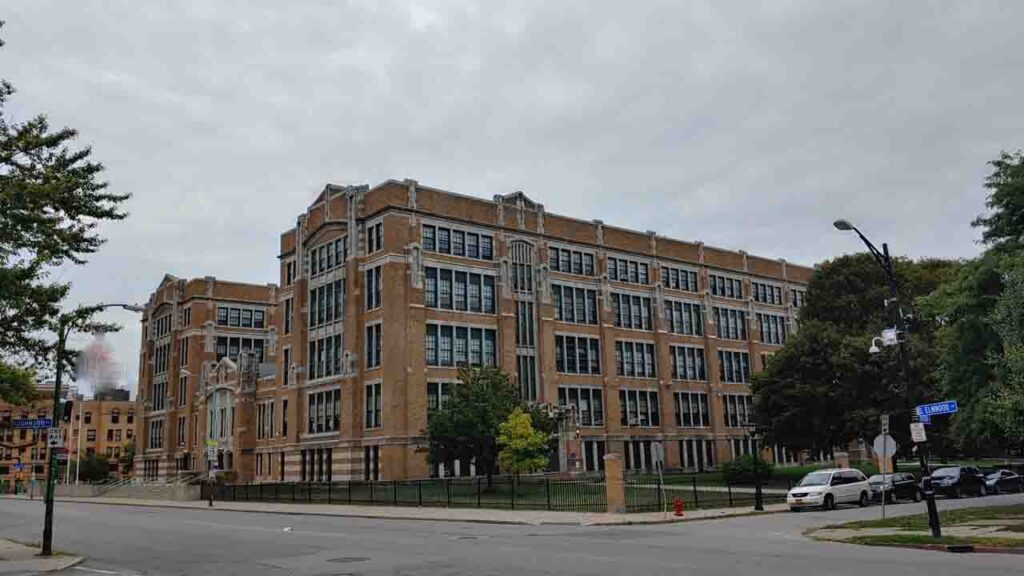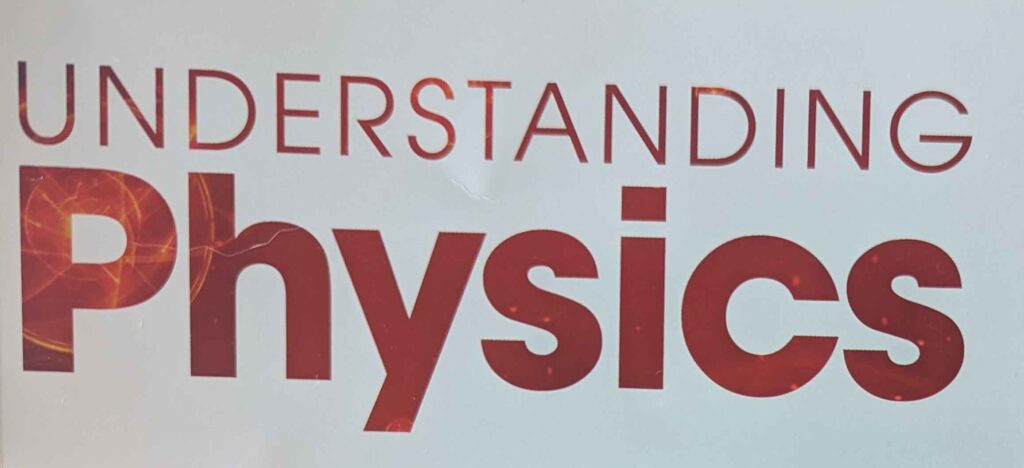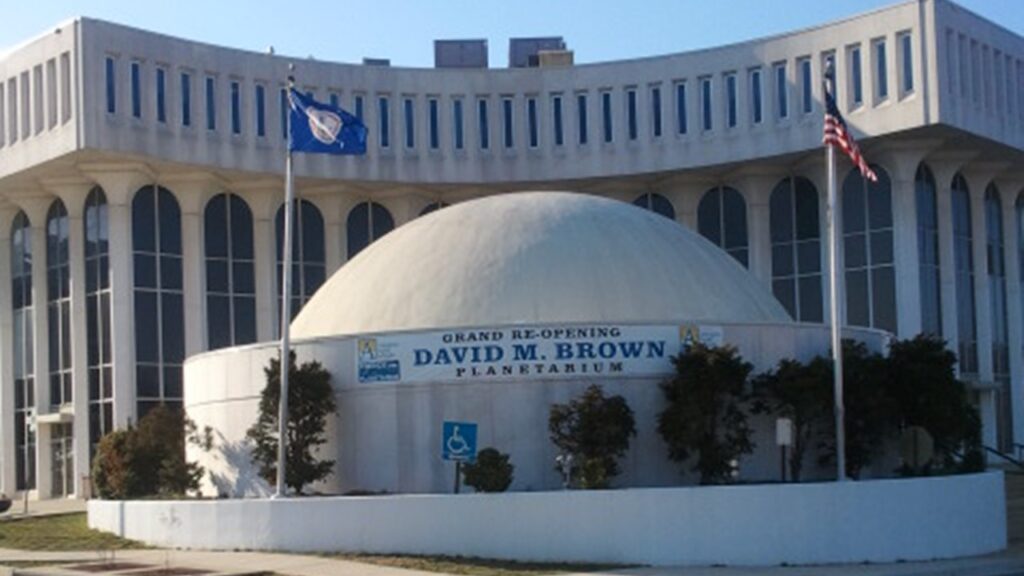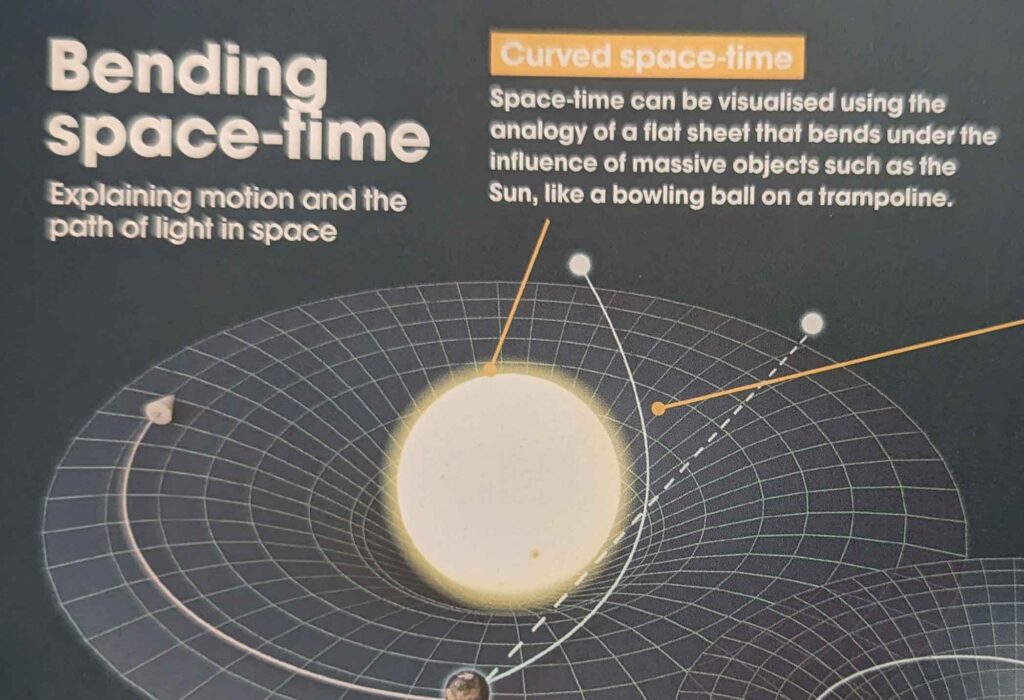
A Journey Within a Journey: Multiple Adversities
Sometimes things come together all at once and that is the case for this essay. As I was finishing up edits for my book project The Engineers: A Western New York Basketball Story, I did a broadcast on my science and technology YouTube channel for Black History Month. It focused on the Physicist Dr. Sylvester James Gates, Jr. and his peers. I started the broadcast by noting that I struggled with Physics during my junior year of high school, an important part of the story arc in my book.
I further noted that having the right Physics teacher can make all the difference in the world. Dr. Gates stated the same thing in the interview with him I read during the broadcast. He shared that an early Physics teacher inspired him to start his storied journey using an intriguing physics demonstration/experiment for he and his classmates. The sum of all of this was the genesis for this essay discussing learning Physics, and the critical role teachers play when giving instruction on the Grandfather of all the sciences.
The Grandfather of the Sciences
Physics is often referred to as the Grandfather of all of the sciences. I recall hearing that somewhere. Simply put, this just means that Physics is the basis for all of the other sciences. While my doctorate is in Pharmacology, Physics touched every aspect of my graduate research at the University of Michigan. My thesis project asked questions about drugs and their effects in living systems. That said all of the instruments we used to ask those questions used physics-based principles in one way or another. That goes for our columns used for chromatography, our orbital shakers, our mass spectrometers, our 96-well microtiter plate reader, our high performance liquid chromatography (HPLC) devices, etc. In short, no matter the science or application, Physics touches it.
My High School Physics Teacher
My Physics teacher at Hutch-Tech High School six years earlier was Mr. Kenneth Boudreau. As you can deduce from his name he was of French descent. He was a skinny man who typically wore a white button down shirt, fitted black slacks and black shoes. He had gray hair, a gray beard and wore glasses. He could have been your stereotypical government scientist at NASA or any observatory. Everyday he brought a thermos to class and seemed to be wired on caffeine. A classmate actually joked once that he never blinked. Finally I noticed that he frequently popped chewable antacids in his mouth. He was in fact robot-like and spoke in a monotone way.
Our Teacher’s Level of Effectiveness

“It is that simple folks!” Every time Mr. Boudreau explained something to us or showed us a calculation on the board, he ended by enthusiastically saying, “It is that simple!” I only remember a few things from that entire year under his instruction. I remember an initial lesson on scalars and vectors. I also remember hearing the word Mechanics which was the chapter dealing with the movement of objects, impulses and velocities. I am certain the Electrical Technology and Mechanical Technology majors at Hutch-Tech remember more. They had to as Physics was the basis of their majors. The Electrical Engineering majors particularly had to understand electrical potentials, currents and resistance.
“Is there a way you can make this more exciting and interesting?” I also recall a classmate asking our teacher potentially the most important part of learning Physics, especially for beginners. As described later, Physics is a calculation intensive science and unless you know why you are doing those calculations, it is easy to get lost. While our teacher knew his calculations and formulas, there were not many demonstrations so we could see their applications.
By the way I am not sharing these stories to beat up on Mr. Boudreau. As I will describe later, he did something very important for me towards the end of that year. That said, making classroom material interesting is a larger educational skill and transcends Physics. It goes for pretty much every subject.
I also struggled with Physical Science in the eighth grade at Campus West, the precursor to Physics. The teacher was also a little on the dry side. He shared the same last name as a famous singer from the group ‘The Rat Pack’ whose first name was Frank. Okay it was Dr. Sinatra. I excelled at Life Science the previous year under another teacher who brought a lot of enthusiasm and creativity to our classes. That was Mr. Radamacher. My undergraduate Physics professor at Johnson C. Smith University also did not make the subject particularly interesting either but at that point, I knew how to approach the class.
Early Struggles and Gradual Progress
My junior year was marked by a mysterious injury suffered when running cross-country, a basketball season that came off the rails, and struggles in both Course 3 Math and Physics. While I struggled early in Physics, my math grade was average but dipped during the adversity from my basketball season. After my basketball season came to its early finish, my math grade rebounded once I refocused.
“Physics is a different way of looking at the world,” my father said over the phone during my struggles. He majored in Physics in college but there was minimal help he could give from five hours away with no internet. I did not understand his riddle immediately but I eventually figured it out.
My progress in Physics was incremental after starting off with a grade in the high 60s after that first semester. As described in my essay entitled, The Keys To Learning College Level Physics, once I sat down and started going over the materials and the problems, things started making sense. I wrote a similar piece about Chemistry. Physics was a quantitative science and it was calculation intensive. There was a formula for most of the principles whether it was a car accelerating or a rocket jettisoning into space. Once you understood the principles you could identify which formula to use. You could then plug in the numbers given in the word problem. Oh yes, all of the problems were word problems, so reading comprehension was also critical. Afterwards it was simple Algebra as Mr. Boudreau stated.
Turning Things Around

“I want to congratulate you for turning things around this year! You have made a lot of progress!” Late in the year, Mr. Boudreau sought me out in one of our classes. I sat in the back of the room goofing off with some classmates. He watched me struggle in his class early that year. He further observed when the switch turned on for me and when I started to understand things. I did not become the top student in the class by any means, but I was no longer scraping the bottom either. His acknowledgement of my progress was his greatest gift to me from teacher to student. It was an encouragement that I never forgot. It was an important step for me academically and in my future education and career as a scientist.
Understanding the Applications of Physics
As I end this essay, I want to acknowledge that teaching is one of the hardest professions out there. It can be exponentially more difficult depending on the district you are in and the students you have. It is a profession I do not know if I have the patience for. There are several factors that go into how well a student performs in a particular class. The teacher is just one of them. In some instances outside factors can impact how students learn. In some instances like mine, the seeds are planted early but do not bloom until later.

Regardless, for a class like Physics, I think using real world applications is critical for learning it, especially for beginners. Years later while volunteering at the David M. Brown Arlington Planetarium, I saw firsthand why planetariums and fulldome shows are important, especially for young people. I further understood the advantages kids who attend them regularly have over those who do not. Planetariums and fulldome shows about outer space spark curiosity and the imagination. They also show how subjects like Physics are applied. They show that the calculations can be fun.
One such kid who got to attend a planetarium regularly was Raphael Perrino. I met Raphael through his father Ralph whose tutoring company I worked in for a little while. Eventually all three of us worked together while volunteering in the group, The Friends of Arlington’s David M. Brown Planetarium. After finishing his education, Raphael started working in the aerospace industry. He was gracious enough to agree to the interview on my science and technology YouTube channel below. Early in the discussion, he acknowledged his high school Physics teacher and trained actor Dean Howarth, another planetarium volunteer, for creatively, effectively and enthusiastically teaching him and his classmates.
Basketball, Physics and Life: What’s the Connection?
As discussed in the opening of this piece, my early struggles with Physics was a part of my early basketball journey chronicled in my two-part book project entitled, The Engineers: A Western New York Basketball Story. As I went through my struggles, my coach at the time Ken Jones suggested tutoring by one of our team captains who also did not finish out that year. He will remain anonymous. Me and this captain were not particularly close and when I called him seeking his help, he did not respond in a way that encouraged me to further pursue his help. I thus took a risk and decided to figure it out on my own.
When I look back on the whole thing, a couple of things come to mind. The first thing I think about is my lack of mental toughness. Our basketball season hung in the balance and I should have done whatever I needed to do to keep myself academically eligible even if it meant a little bit of joking and ridicule. It was a two-way street though, and the second thing I thought about is that winning teams are cohesive units that stick together. Thus If a teammate is struggling, it is important for teammates who have the ability to help, to help them for the good of the team.
Closing Words

This concludes this piece. Thank you for reading it if you did. Some of the images used in this essay were lifted from an issue of Understanding Physics. If you have a child or know one who is struggling in a course like Physics, you might also consider getting a tutor. As described earlier, I worked in the tutoring world for a little while. It was fun coaching struggling students up and it generated some extra income for me. Also consider visiting your local planetarium or nearby science demonstrations. You might help that struggling student by doing so, and you may inspire the next great scientist! Best regards.
The Big Words LLC Newsletter
For the next phase of my writing journey, I’m starting a monthly newsletter for my writing and video content creation company, the Big Words LLC. In it, I plan to share inspirational words, pieces from my writer’s blog and this blog, and select videos from my four YouTube channels. Finally, I will share updates for my book project The Engineers: A Western New York Basketball Story. Your personal information and privacy will be protected. Click this link and register using the sign-up button at the bottom of the announcement. If there is some issue signing up using the link provided, you can also email me at bwllcnl@gmail.com. Best regards.
